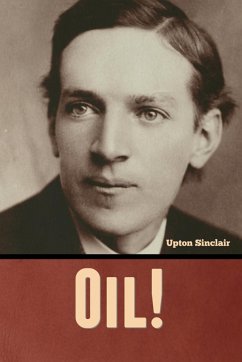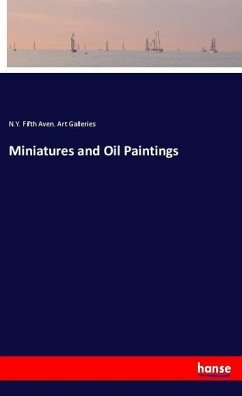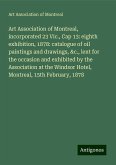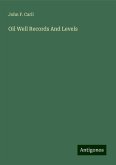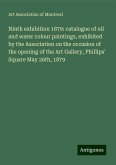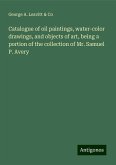Oil! is a novel by Upton Sinclair, first published in 1926-27 and told as a third-person narrative, with only the opening pages written in the first person. The book was written in the context of the Harding administration's Teapot Dome Scandal and takes place in Southern California. It is a social and political satire skewering the human foibles of all its characters. The main character is James Arnold Ross Jr., nicknamed Bunny, son of an oil tycoon. Bunny's sympathetic feelings toward oilfield workers and socialists provoke arguments with his father throughout the story. The novel served as a loose inspiration for the 2007 film There Will Be Blood. James Arnold "Dad" Ross and his son, James Jr. ("Bunny") are introduced as they drive through southern California to meet with the Watkins family, who are leasing out some oil property they own. They find out that the family is deadlocked about how the properties and proceeds should be divided. While Dad and Bunny go quail hunting on the Watkins' goat ranch, they find oil. At Bunny's urging, Dad tries to prevent the elder Watkins from beating his daughter Ruth, trying to convince them that he has received a "third revelation" which prohibits parents from beating their children. The plan backfires when Eli, Ruth's brother, interjects himself into the discussion and claims that he has received the revelation. As drilling begins at the Watkins ranch, Bunny begins to realize his father's business methods are not entirely ethical. After a worker is killed in an accident and an oil well is destroyed in a blowout, Dad's workforce goes on strike. Bunny is torn between loyalty to Dad and his friendship to Ruth and her rebellious brother Paul, who support the workers. Paul is drafted into World War I and, when the conflict is over, remains in Siberia to fight the rising Bolsheviks. Back home, Bunny enrolls in college, and he becomes increasingly involved with socialism through a classmate, Rachel Menzies. Paul returns home and tells of his travels, explaining he has become a communist. Bunny accompanies Dad to the seaside mansion of his business associate Vernon Roscoe. Dad and Roscoe flee the country to avoid being subpoenaed by Congress in the Teapot Dome scandal. Before Dad goes away, Bunny proposes parting ways with his father and earning his own way in the world; Dad is confused and hurt, but not unsupportive. Overseas, Dad meets and marries Mrs. Olivier, a widow and Spiritualist, but soon passes away from pneumonia. Bunny decides to dedicate his life and inheritance to social justice while Roscoe moves to get control of the bulk of Dad's estate. Bunny and his sister Bertie are swindled out of most of their inheritance by Roscoe and Mrs. Olivier. Bunny marries Rachel and they dedicate themselves to establishing a socialist institution of learning; Eli, by now a successful evangelist, falsely claims that Paul underwent a deathbed conversion to Christianity. (wikipedia.org)
Hinweis: Dieser Artikel kann nur an eine deutsche Lieferadresse ausgeliefert werden.
Hinweis: Dieser Artikel kann nur an eine deutsche Lieferadresse ausgeliefert werden.

